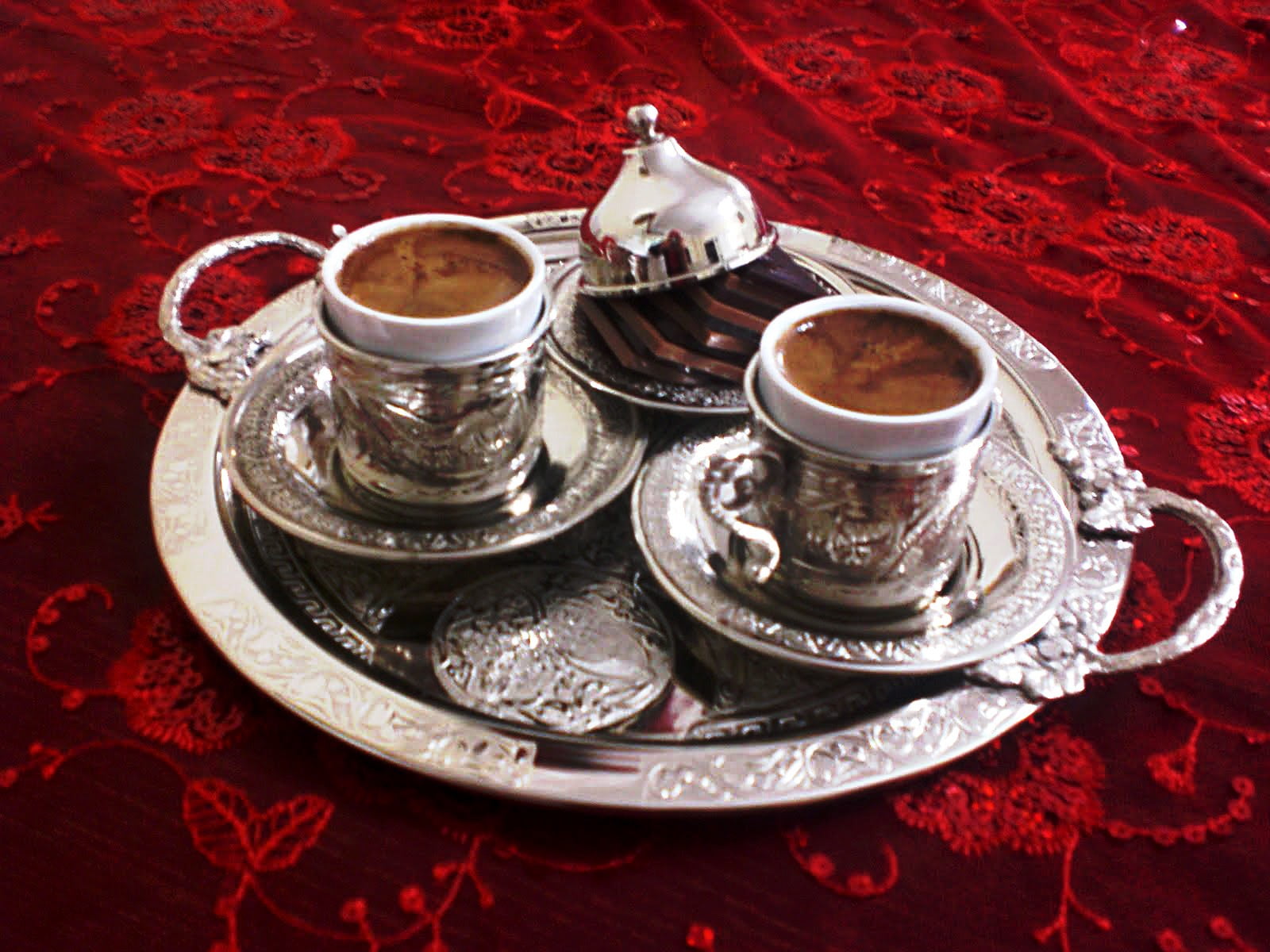
FAQ About Turkish Coffee

How did Turkish coffee become an integral part of Turkish culture?
Turkish coffee became an integral part of Turkish culture through a combination of historical, social, and cultural factors. Over the centuries, the practice of drinking Turkish coffee evolved and intertwined with the fabric of daily life, traditions, and social interactions in the Ottoman Empire, which is now modern-day Turkey. Here's how Turkish coffee became deeply ingrained in Turkish culture:
- Ottoman Empire Influence: The Ottoman Empire, which lasted for several centuries, played a pivotal role in shaping the cultural landscape of the region. Coffee was introduced to Istanbul and other parts of the empire through trade, diplomacy, and interaction with Arab cultures.
- Coffeehouse Culture: Coffeehouses, known as "kahvehane," became vibrant hubs of social activity, discussions, and intellectual exchange in the Ottoman Empire. These establishments played a significant role in fostering a coffee-drinking culture and a sense of community.
- Symbol of Hospitality: Offering Turkish coffee to guests became a symbol of hospitality and a way of showing respect for visitors. The act of serving and receiving coffee created bonds and reinforced social ties.
- Coffeehouse Decorum: Coffeehouses were known for their specific rituals and customs. These norms included serving coffee to patrons, engaging in conversations, playing games, and enjoying the company of others.
- Coffeehouse Games: Coffeehouses often hosted games, storytelling, and performances, making them lively spaces for entertainment. This enhanced the appeal of coffeehouses as places to gather and socialize.
- Art of Fortune-Telling: The practice of fortune-telling using coffee grounds added an element of mystique and tradition to Turkish coffee culture. This practice continues to intrigue and engage individuals.
- Cultural Symbolism: Turkish coffee came to symbolize shared experiences, friendship, and moments of relaxation. It was associated with personal connections and enjoyment.
- Literature and Art: Turkish coffee's cultural significance is reflected in literature, art, and poetry of the era. It became a subject of fascination and inspiration for writers, artists, and thinkers.
- Cultural Preservation: As the Ottoman Empire declined and transitioned into the modern Turkish Republic, the traditions and customs associated with Turkish coffee were consciously preserved as a link to the past.
- Continued Practice: Today, Turkish coffee remains an essential element of Turkish identity and culture. It's served during various occasions, from family gatherings to special events, and it maintains its role as a cherished beverage that brings people together.
